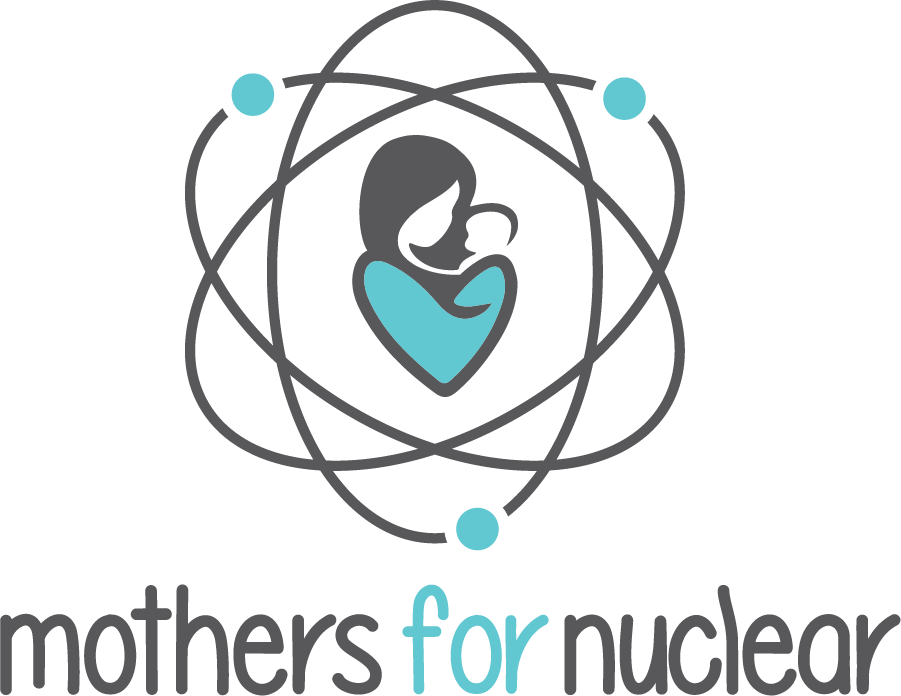Natural Gas is Eating Our Climate Lunch!
Arguing Nuclear vs Renewables Allows Natural Gas to Eat Our Climate Lunch
My kids play outdoors and paint their faces with charcoal and mud, we recycle or reuse everything we can, and we generally try to keep our environmental impact small. It’s how I was raised. I was born into a family with strong environmental values, and I grew to feel strongly that we humans have a responsibility to protect our natural resources. I didn’t know much about nuclear energy, but when I went to college and was near to Diablo Canyon Power Plant in California, my environmentally-minded group of friends all seemed to oppose it. So I thought I was supposed to oppose it too. I knew so little about nuclear energy that I thought Diablo Canyon was what was actually a local natural gas plant.
I did some research on different energy sources for a college class and learned that all energy sources have downsides, even “green” ones. And unlike what I learned from my friends, Hollywood, and The Simpsons, I was surprised to learn that nuclear aligned with many of my environmental values. Eventually I took a job at Diablo Canyon, where I saw firsthand the small footprint that it occupies, generating over 20% of California’s emission-free energy on a space as small as a football stadium. I learned more about nuclear, explored the surrounding lands, and saw how my values of land conservation and climate action were supported by this misunderstood source of energy.
The public is generally accepting of “renewable” energy, but the term renewable is exclusive of our largest forms of clean energy (nuclear and large hydro). Also, “renewable” doesn’t necessarily mean lowering emissions - much of the current worldwide renewable energy involves biomass, i.e. burning stuff. This narrow and exclusionary support leads to politics and policies that don’t accomplish our stated goal of emissions reductions.
Right now across the US we are closing perfectly good existing nuclear plants because of low natural gas prices and discriminatory policies that, in the name of climate action, support renewables but not carbon free nuclear energy. When existing nuclear plants close, they are almost always replaced by fossil fuels. Even if we make big gains on adding renewables, the strategy of replacing one clean energy source with another means backwards or no progress on climate. It also means that we pay more - building new clean energy to replace existing clean energy means spending money for little to no actual emissions reductions. This high cost for low progress is also causing polarizing political conversations when it comes to action on climate.
Instead of continuing to rely on the renewables-only bandwagon, we need to focus on building public support for nuclear energy. There is growing public awareness on the importance of using science to inform our decisions as a nation. The science is clear - nuclear is the safest way of generating reliable electricity. Of all of the “clean” energy sources, nuclear occupies the smallest land footprint per unit of energy produced, and we have the technology right now - we do not need to continue to delay action on climate until some future solution is produced.
We can argue nuclear vs renewables all day, but while we do that, the natural gas industry is happily snapping up market share and securing our dependence on their climate-warming product. Instead of being presented with the false choice of nuclear or renewables, we can use nuclear and renewables to rapidly transition off of fossil fuels. With nuclear’s carbon free and low cost proposition, we have the opportunity to achieve political agreements with a broad base of support.
Support for nuclear energy is growing amongst those who are pursuing climate action, but traditional nuclear communications are scary for many people. For many years, the nuclear industry has either stayed silent or put out information to say “trust us, we’re safe.” It didn’t work forty years ago, and it’s not working now. Mothers for Nuclear wants to help change the conversation about nuclear from an impersonal and defensive message to a values-based discussion. What do you care about? Climate? Economics? Air Pollution? Let’s talk about how nuclear aligns with our values on both sides of the aisle, and together, we can all achieve the things that are important to us.

